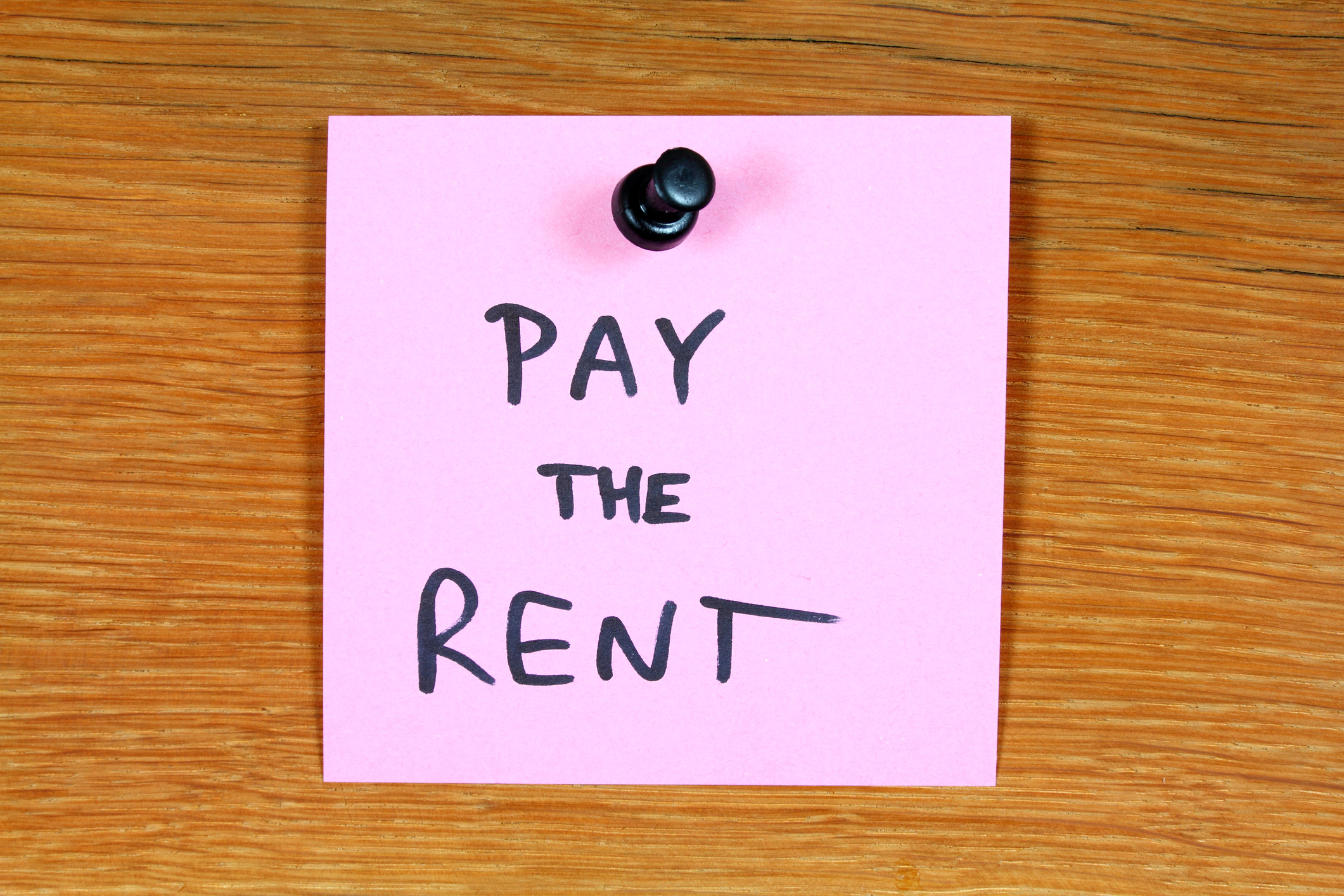
As rent prices skyrocket to nearly a third of income in some cases, an estimated 44 million U.S. renters are looking for relief. Fortunately, funds could be recovered through a surprising area: taxes.
You probably have heard about tax breaks for homebuyers or homeowners, but there are also ways for renters to catch a break.
Here’s more of what you should know.
Rent tax deduction?
You may be surprised to hear that some renters can get a property tax deduction. If your lease agreement states that part of your rent goes towards property tax, you could qualify for a property tax deduction in your state.
We’re not talking about a federal tax deduction, since that’s generally for homeowners. But depending on where you live, your state might allow you to claim a portion of your rent as a deduction or credit. (Eligibility rules and benefits, if any, vary).
For example, New Jersey considers 18% of rent paid during the year to be “property taxes paid.”
If New Jersey renters meet all other eligibility requirements, they may be able to claim a state property tax deduction.
Renter tax credits
When property tax rates go up, your rent usually goes up too. Why? Well, indirectly, many landlords factor property tax costs into the rent they charge.
Consequently, a renter’s tax credit is designed to give some relief to those who pay property taxes.
This isn't a property tax deduction but rather a general form of tax relief, which can include a deduction. Renter tax credits may also be issued as a credit, refund, or other type of rebate.
Many states offer this kind of benefit. However, each state has different eligibility requirements you must meet, like:
- Renter’s income thresholds
- Certain amounts of rent paid
- Age or disability status
Not every state has all three to qualify for a renter's tax break. Plus there may be additional requirements you must meet.
However, most require renters to meet an age requirement that varies by state, to have a deceased loved one, or to have a disability to qualify.
And then some states offer lackluster tax savings, like $50 or $75 per year.
Later on, we’ll cover renters' tax breaks that:
- Could offer a deduction, refund, or credit of at least up to $1,000 per year
- No age minimum, survivorship, or disability requirement
In the meantime, we'll quickly go over what tax breaks may be available for gig workers and other self-employed individuals.
Renter home office tax deduction?
Unfortunately, if you are a remote employee (renter or homeowner), you cannot deduct a home office expense. You must be self-employed to qualify for the home office tax deduction.
However, a recent Bankrate survey found that one in three Americans has a side hustle. If you exclusively use a home office for freelancing, contract work, or other self-employed “gig,” you may be eligible.
But exclusions apply. Often, these types of workspace don’t qualify for the home office deduction:
- Infrequent use of your home office
- Any surface you use for multiple purposes, like a kitchen table
- A rented room (though you may qualify for a rental tax deduction)
The total home office deduction is varied and can depend on factors like square footage, expenses incurred, and how many months of the year you use your office.
For more information, check out Kiplinger’s report Home Office Tax Deduction: Work-from-Home Write-Offs.
Best states for rent tax breaks
If you’re planning a move, one of these places might be the one. Below are the top five states in which you may be eligible for the renter’s tax breaks without age, survivorship, or disability requirements:
- Indiana. This renter’s deduction is rent paid or up to $3,000 per year, whichever is less.
- Massachusetts. This rent deduction is limited to 50% of rent paid, up to $4,000.
- Michigan. Also called the “homestead property tax credit”, up to $1,700 per year.
- Minnesota. Property tax refund of 17% of rent paid, up to $2,640.
- Vermont. Renter credit worth 10% of a “fair market” rent in your county, up to $2,500.
A few of these tax benefits may be a little tricky or confusing. For example, in Indiana, the renter's tax break is offered because the rented property is subject to property tax. However, the Hoosier State refers to the tax benefit as a "renters deduction." So keep in mind that each state has different eligibility rules and amounts of relief.
Finally, the above list doesn’t include all states with renter tax breaks. Your state’s Department of Revenue website may list additional tax savings.
Do your research before this filing season to see if you're eligible.







